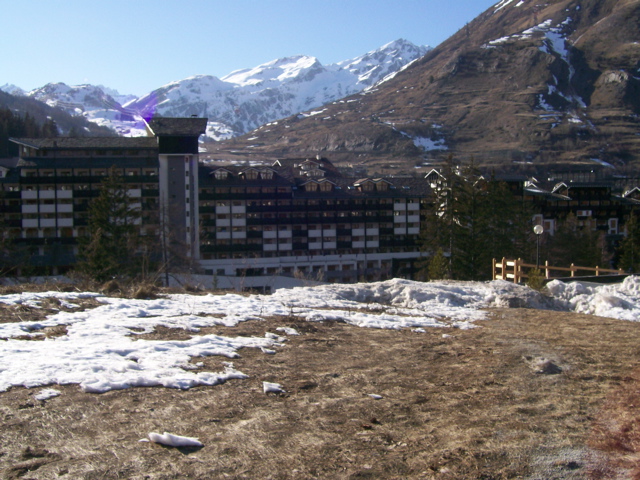Guest Commentary by Frank Zeman
One of the central challenges of controlling anthropogenic climate change is developing technologies that deal with emissions from small, dispersed sources such as automobiles and residential houses. Capturing these emissions is more difficult as they are too small to support infrastructure, such as pipelines, and may be mobile, as with cars. For these reasons, proposed solutions, such as switching to using hydrogen or electricity as a fuel, rely on the carbon-free generation of electricity or hydrogen. That implies that the fuel must be made either by renewable generation (wind, solar, geothermal etc.), nuclear or by facilities that capture the carbon dioxide and store it (CCS).
There is however an alternative that gets some occasional attention: Air Capture (for instance, here or here). The idea would be to let people emit the carbon dioxide at the source but then capture it directly from the atmosphere at a separate facility.
[Read more…] about Air Capture
 Something over a week ago I had the pleasure of making my way up to the little ski resort of La Thuile in the Val D’Aosta to learn about the latest results from the Venus Express mission. (You can imagine it was a tough decision to go to La Thuile and hear real scientists talking about Venus when I could have instead been listening to luminaries such as Mark Morano drone on at the
Something over a week ago I had the pleasure of making my way up to the little ski resort of La Thuile in the Val D’Aosta to learn about the latest results from the Venus Express mission. (You can imagine it was a tough decision to go to La Thuile and hear real scientists talking about Venus when I could have instead been listening to luminaries such as Mark Morano drone on at the 